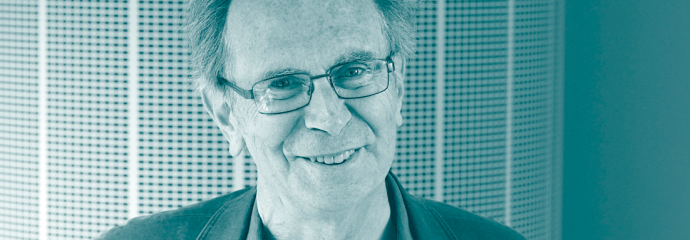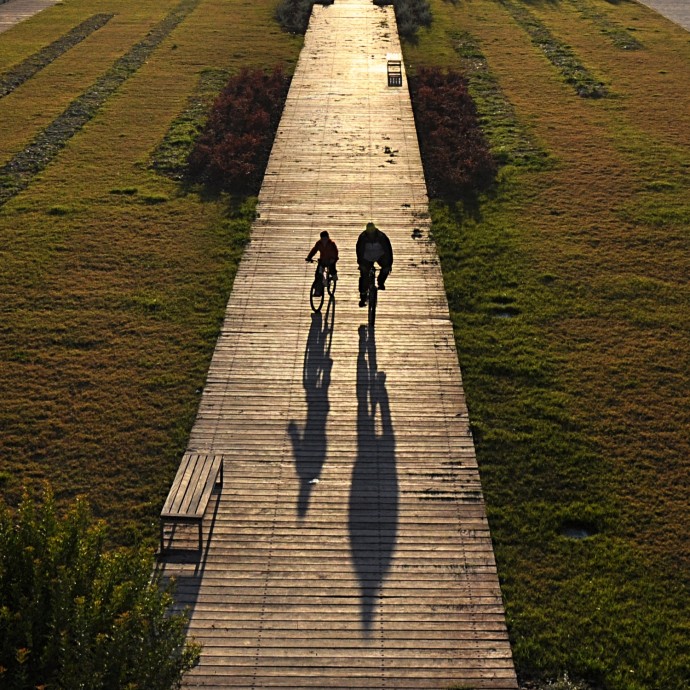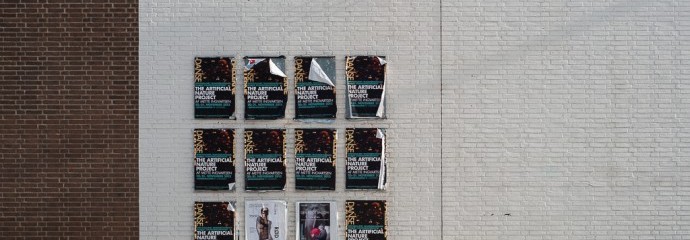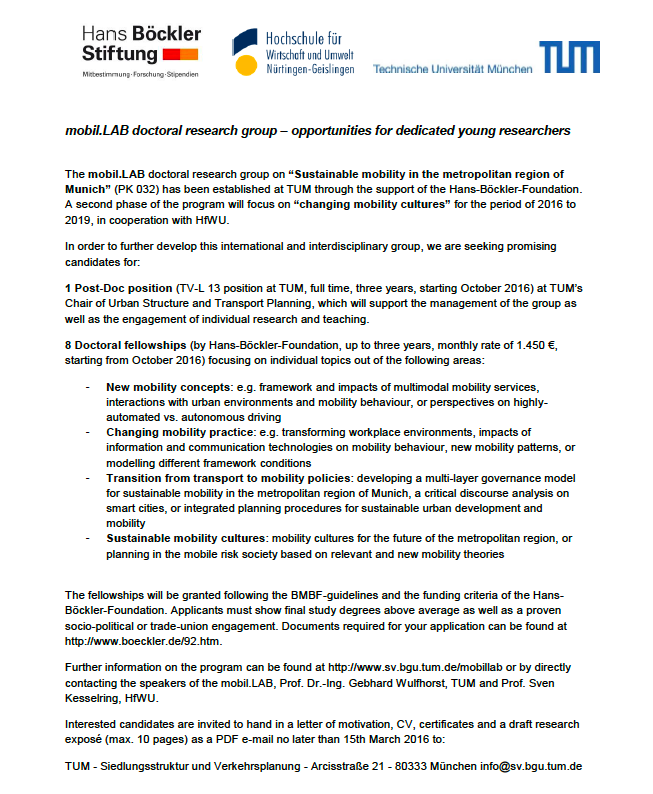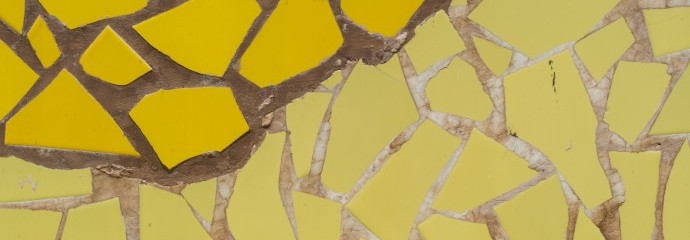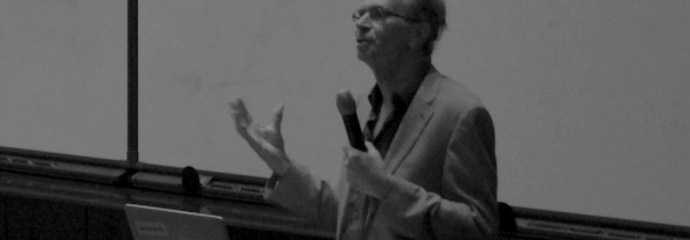Remembering John Urry
Dear all,
This is by far the worst email that ever went through this mailing list. As you have heard already our highly esteemed colleague, friend and mentor John Urry passed away last Friday the 18th of March. We are still shocked, saddened and somehow paralyzed by this news. We knew John as a highly dynamic person, agile and full of plans, projects and books for another 70 years of his lifespan.
Without any exaggeration Cosmobilities wouldn’t exist without John Urry’s scientific work but also his incredible capacities of building networks, maintaining friendships, social relations in general and initiating collaboration, research, publications, conferences and so forth. His decent character, wonderful sense of humor and his brilliant mind turned work meetings, scientific discussions, writing and even organisational work into a joyful activity.
To be honest, we do not have the right words to express what a loss he is for us – personally, for the network, the scientific community and the future of mobilities research. But trust us it is a great and very sad loss.
We and the whole board of the Cosmobilities Network send our deepest and warmest condolences to his family and close friends.
Next week at the AAG in San Francisco we wanted to celebrate the launch of a new journal – Applied Mobilities – with him. We will do this anyway, this all the more because he would have hated it not to happen, because of him. And also, because this is the way how we as scientists can give him all the honor and the appreciation that he deserves. Also this journal is standing on his shoulders! And again, we do not exaggerate at all. We will miss him there a lot and in the future and John will be very present when we will raise the glasses next week.
Malene and Sven

